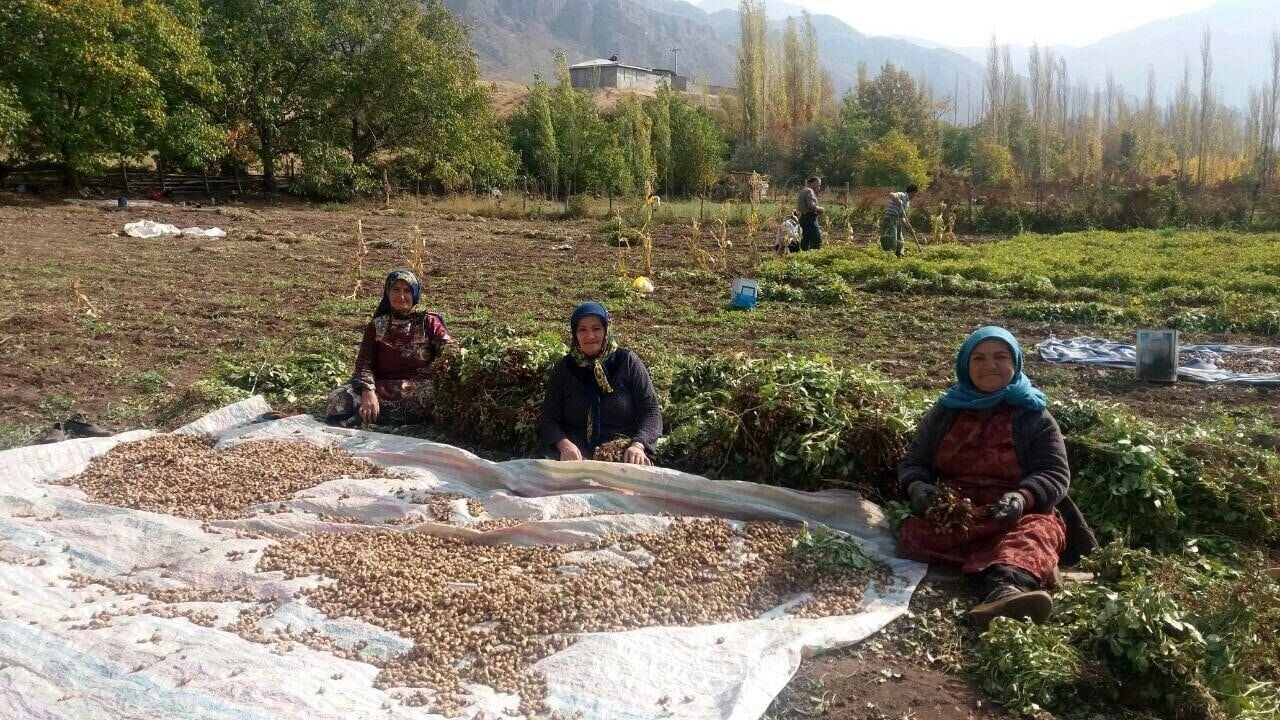Rural women’s role in sustainable development

TEHRAN - Rural and nomadic women play a pivotal role not only in the family welfare but also in the country’s sustainable development.
Women, as well as men, in villages and rural areas, have a great contribution to all-out national development.
They carry out the bulk of domestic work within families and households in villages and rural areas.
Apart from their role in the stability of the family, they are known to play a key role in agriculture accounting for a substantial proportion of the agricultural labor force.
The rural women also make significant contributions to food security and nutrition, land and natural resource management, and daily tasks.
The women of the villages with their different capabilities protect the native identities of communities, they are sources of many cultures and traditions.
To recognize and remind the world of the rural women’s importance in enhancing agricultural and rural development, each year on October 15 the International Day of Rural Women is celebrated worldwide.
It is purposely held the day before World Food Day, to honor the role played by rural women in food production and security.
In Iran, the day is also celebrated annually by holding conferences, organizing competitions, honoring leading rural women, displaying their products, etc.
In this regard, a national conference will be held tomorrow at the Agricultural Research, Education, and Extension Organization in Tehran.
The conference aims to demonstrate and highlight the capabilities of rural and nomadic women in the country and to identify the opportunities and capacities for the development of villages.
This year's conference will be held under the theme of ‘Village, Woman and Development’. Also, a number of leading rural and nomadic women will be honored.
On the sidelines of this conference, an exhibition of rural and nomadic women's products and capabilities will be held.
Actions taken to promote women’s status
The government's positive attitude toward women and families in the past two years has led to the implementation of different projects that have improved women’s status in society.
Providing thousands of job opportunities for women heads of households, approving a bill to prevent women from being physically or mentally harmed, improving their safety against violence, allocating one percent of the budget of organizations to women-related projects, setting up a national headquarters for women and family affairs, and increasing the annual budget of the vice presidency for women and family affairs by 50 percent are some of the actions taken so far.
With the approval of the loan guarantee fund for women heads of the household, these women can earn a living to support their families.
The loan guarantee fund for women heads of households has now reached 600 billion rials (some $1.2 million) which is expected to increase before long.
Supporting marketplaces run by women in order to be able to export their products has also been put on the agenda. This issue will be seriously pursued with the support of the ministries of economy and industry.
Rural women’s international day
The first International Day of Rural Women was observed on October 15, 2008.
Every year, this day is celebrated on a particular theme. The International Day of Rural Women 2023 Theme ‘Rural Women Cultivating Good Food for All’, highlights the essential role that rural women and girls play in the food systems of the world.
This theme emphasizes the importance of rural women at times of crisis like food crises, natural disasters, economic challenges, food security, lack of labor, etc.
In many of the world's poorer countries, women play a key role in the rural economy. They are involved in crop production and livestock care, provide food, water, and fuel for their families, and carry out other activities to diversify their families’ livelihoods.
The International Day of Rural Women is important in that it reminds the world of the significant contribution of rural women, including indigenous women, to agricultural development, food security, and the eradication of poverty.
In many parts of the world, women and girls in rural areas lack equal access to productive resources and assets, public services, such as education and health care, and infrastructure, including water and sanitation, while much of their labor remains invisible and unpaid, even as their workloads become increasingly heavy due to the out-migration of men.
Globally, with few exceptions, every gender and development indicator for which data are available reveals that rural women fare worse than rural men and urban women and that they disproportionately experience poverty, exclusion, and the effects of climate change.
This International Day, let’s recognize the work of these heroines in the food systems of the world, and let's claim rural areas with equal opportunities for all.
